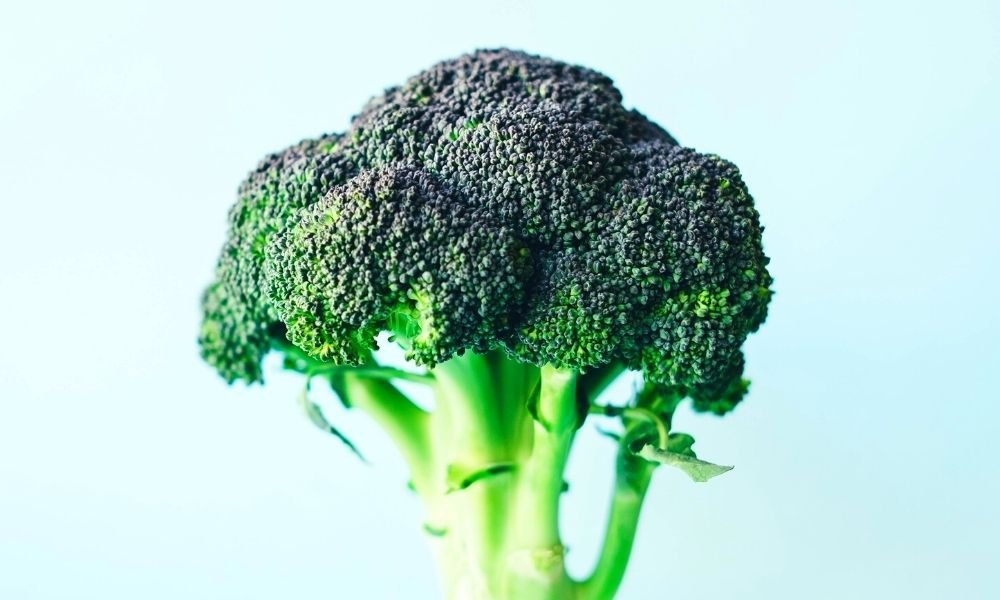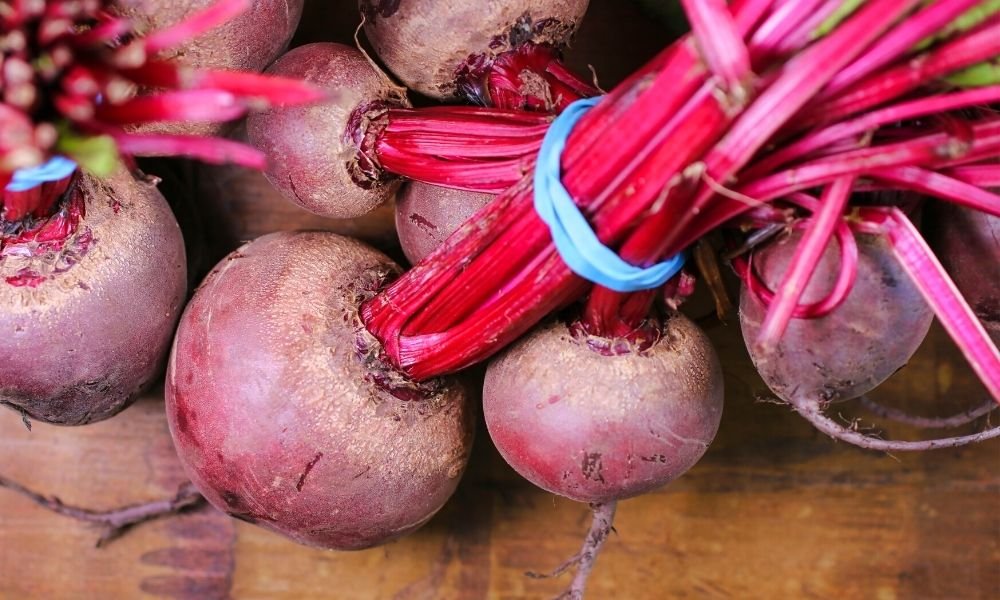As a parent, you always want the best for your child. But when it comes to food, there is nothing really good for all children. The best word for your child’s tolerance may be a word close to the word “best.”However, the foods should be appropriate for the age of the child. Experts advise that you should not introduce solid foods to your baby before he is 4 months old. From then on, they should gradually add semi-solid food to their diet.
You should not reject any food item completely unless the child has a proven and proven allergy to it. Because this is the time when their eating habits will start to develop and it will develop for the rest of their lives. So gather all kinds of food on their plate. Occasionally sit behind them and notice what they naturally choose. Children also have their own taste buds.
The best food for children(baby food)
With the above in mind, we’ve compiled a list of 10 food ingredients that you can add to your breastfeeding list. These are based on the recommendations of experts. These ensure the best nutrition in a variety of foods and all of them are in one word ‘excellent’ and ‘impeccable’. Let’s read a bit about those ‘excellent’ ones.
But don’t add everything at once to your gold plate. Take one step at a time for your little one. Alternate 3 days between starting another new food item to see if the child has an allergic reaction to the given food item.
You should check with your pediatrician to add additional guidelines on the best foods to meet the optimal health needs of your 6-month-old baby.
1) Breast milk(baby food)

It is a food that complements almost all aspects of a child’s nutrition in the first year of life. It is also essential for their development. However, due to its low iron content, it may not provide adequate nutrition to babies after the age of six months when they become more agile and agile. From this time on, it is important to start feeding the baby the best foods for the baby’s brain development and weight gain.
Recommended age:
Only breast milk for the first six months

What could be her first ideal ‘green’ food for your naughty baby? Avocados, because they are better than any other fruit or vegetable in fat (monounsaturated) and very high in protein.
This is also an ideal reason for busy new mothers
• Its high-fat content keeps the baby full for several hours.
They do not need to be cooked.
>>> Recommended age:
Start at 6 months of age.
3) Iron-rich cereals

Apparently, babies are born with iron stored in their bodies which starts to be depleted from the age of 6 months. So from this time onwards, you should start giving iron-rich food. On top of this, the amount of iron in the mother’s breast milk is also less. Any iron-rich grain crop like rice, barley, and oatmeal can fill these gaps. You can choose any one of these to get started. Many people recommend rice again for use as it do not seem to cause any allergies.
Recommended age:
It is better to start early than late. 6 months is the best time.
4) Red meat or red meat

Red meat is a source of protein, iron, riboflavin, niacin, vitamin B-6, and zinc. Nutrients from the animal feed are vital for the proper development of the brain, skeletal structure and muscle.
Red meats should be cooked very well, crushed or crushed and mixed well with breast milk or vegetable pulp so that children can easily eat and digest it. However, be sure to remove any small bone fragments from the puree. You can also buy ordinary pureed canned meat.
>>> Recommended age:
After 8-10 months
5) Broccoli:

As the baby passes the spoon-feeding stage, the broccoli flowers fit snugly on the baby’s little fingers. Boil them to make them soft and manageable. They are an excellent source of vitamin C, but they should be steamed or cooked in the microwave because half of the vitamins are removed when boiled. It also contains beta-carotene, folic acid, iron, potassium and fiber.
Some children may not like the taste of broccoli again. To make it more interesting
Mix it with any sweet vegetables like carrots and sweet potatoes.
• Boil it and cool it more after cooling it. However, if the child has a tendency to catch cold easily or if the weather is usually cold, do not serve anything that keeps the child too cold.
>>> Recommended age:
8-10 months
6) Beet Food

Beets contain Vitamin C, Vitamin A, Calcium, Potassium, Magnesium and Folic Acid. It is one of the most commonly consumed vegetables in the world. The best preparation for beets for children is to use them as a puree or juice after they have been boiled or roasted.
>>> Recommended age:
Beets contain nitrates which should not be given to children before 6 months as they can cause anemia. The best time to start beating babies is 8-10 months.
6) Sweet potato

The taste of some vegetables for children is often dismissed. And if you start your little vegetable journey with them, then there may be some obstacles. Instead you can start with natural food ingredients that taste more delicious like sweet potatoes. They provide potassium, vitamin C and fiber. They also contain beta carotene and an antioxidant that strengthens the body against certain types of cancer. Make your first ‘vegetable’ a memorable gift for your child.
>>> Recommended age:
About 6 months
6) Banana

It is a food that brings a glimmer of a toothless smile to a child’s playful face. These are again–
Sources of energy because they are rich in carbohydrates
Aids in digestion and consists of stool softening ingredients, as they are full of fiber.
These are again considered to be among the best foods to help children gain weight from the age of 8-9 months. When they are fully cooked, serve the baby as soon as they are well cooked. For relatively older children, bananas can be served in small pieces as a food that can be eaten with their finger food.
Recommended age:
4 months because they will be easier to digest.
9) Alubokharah

Prunes that you may know as dried plums may be attractive to children because they are very soft and sweet. The good thing about it is that it contains a lot of fiber which works as a natural remedy to cure constipation. This often happens when the baby moves from a semi-solid food to completely solid food. You can serve the banana as a puree or by mixing it with oatmeal, whole grains or apples.
>>> Recommended age:
4-6 months because they can be easily digested and there are no reports of allergy risk.
10) Carrots

Carrots protect your child’s eyes with their perfection because they contain an abundance of beta-carotene which is converted into vitamin A in the body which is essential for healthy eyesight. Beta-carotene is also an antioxidant that makes carrots turn orange.
Due to the natural sweetness of carrots, it is also considered as the first vegetable to be given to children. Carrots should be boiled well until they become very soft. Be sure to let a whole boiled carrot cool down to the very inside before serving your gold.
Recommended age:
6 and 8 months
Be aware that there is no specific set or rule of diet that can make a child very strong and strong. These are all experiments and discoveries on how to prepare the kind of foods that your child can tolerate based on the right age.

2 Comments